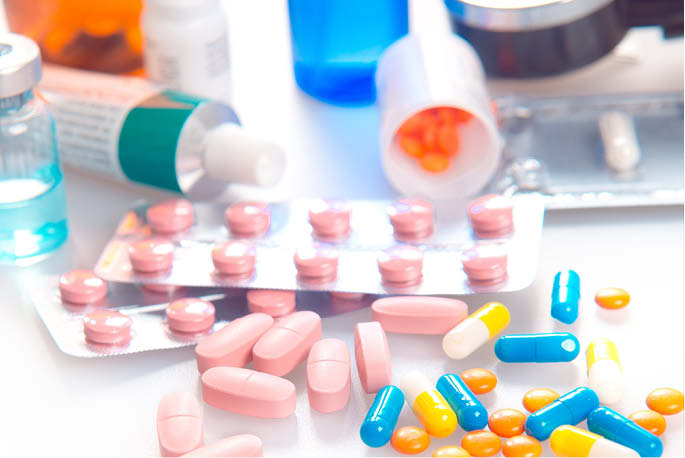Bring Your Pill Bottles!
There is an old Jewish blessing which says, “May you live to be 120.” This may actually be a realistic goal for many people one day. Healthcare for older adults is a daily news topic; however, discussions often exclude the mouth. Besides being older, Australians are keeping their teeth longer than ever before, making regular dental visits imperative.
One of the reasons we are able to look forward to a longer life is the advancement of medications that allow us to function even while living with a chronic condition. It is not uncommon for an adult over the age of 50 to be taking five different medications, a number of which can affect oral health. Your dentist needs to know about all your prescription medicine plus all over-the-counter medications, vitamins, and herbal preparations.
The most common drug side effect on the oral cavity is dry mouth, which is called xerostomia. Without adequate saliva we are susceptible to decay, problems chewing, bad breath, gingivitis, alterations in taste, and sometimes difficulty in speaking. If you wear a denture or partial, these appliances will not fit as well. Yeast infections are also more likely to occur. Common drugs which cause xerostomia include antidepressants, sedatives and tranquilizers, antihistamines, and blood pressure medication. Drugs given for Parkinson’s Disease, seizures, and cancer therapy also cause dry mouth.
There are many prescription medications given to act as blood-thinners, but several non-prescription and herbal medications also can alter blood clotting and must be reported. Those would include ibuprofen or Aleve as well as aspirin and herbals such as ginger, gingko biloba, and garlic.
Your dentist needs to know the type of blood pressure medicine you are on. Many will interact with dental anesthesia. In addition, several types cause unwanted changes in the gum tissue that would be difficult to diagnose without knowledge of these medications.
I have only scratched the surface of how medications change your mouth. So, be safe and take your pill bottles with you when you visit your dentist!




